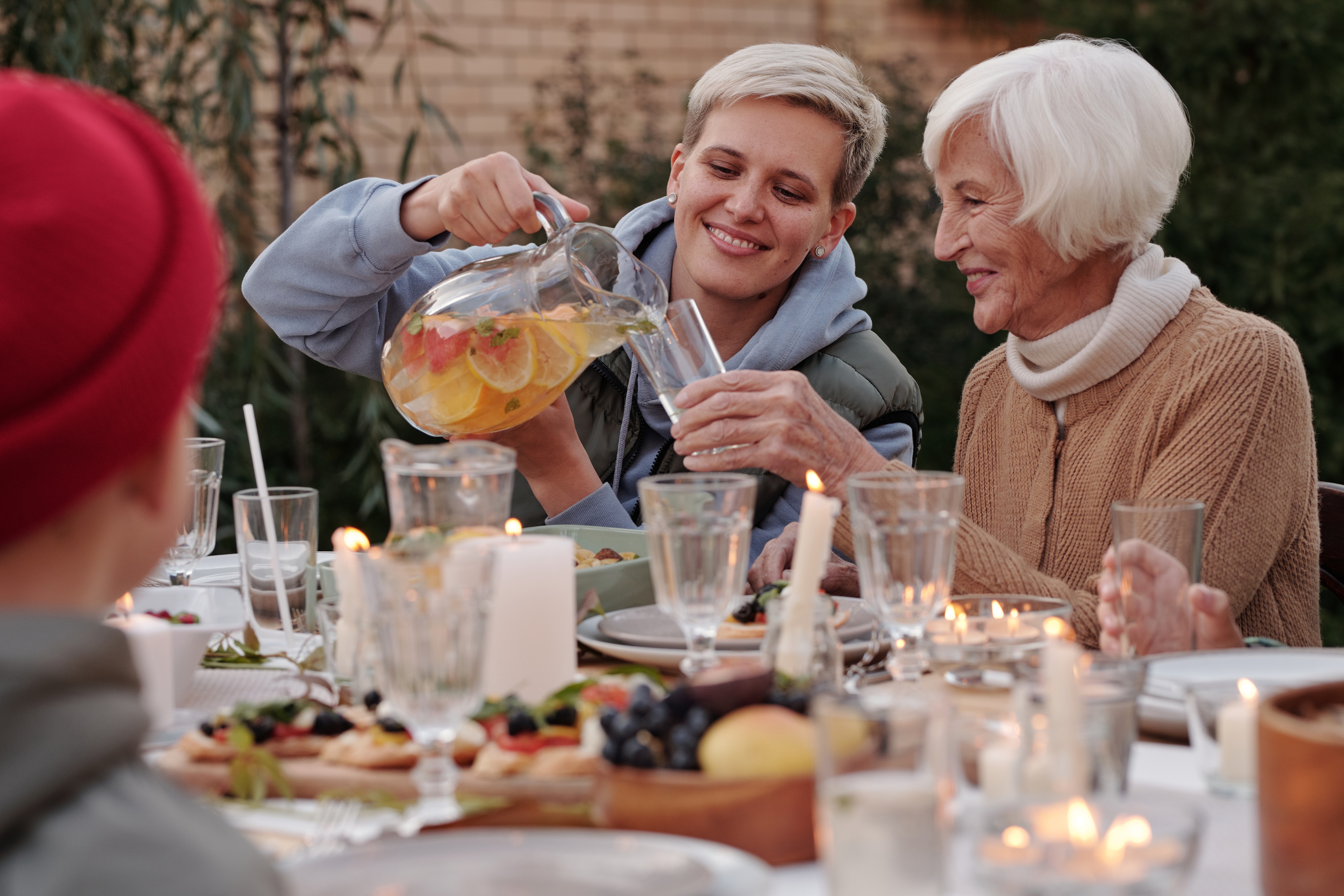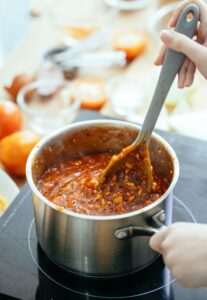The role of nutrition in cancer care is to keep you as strong as possible during and after treatment.
The Irish Nutrition and Dietetic Institute (INDI) have created some useful resources about nutrition and cancer, which we have provided links to in the sections below.





